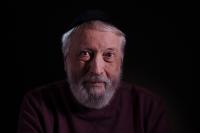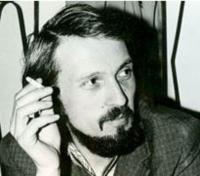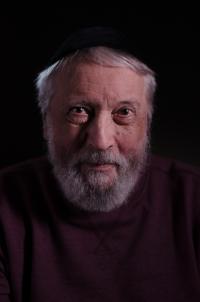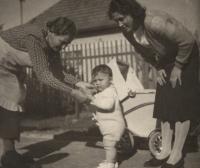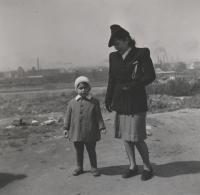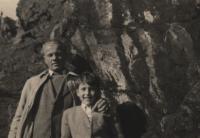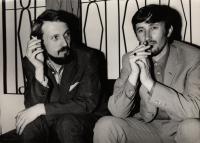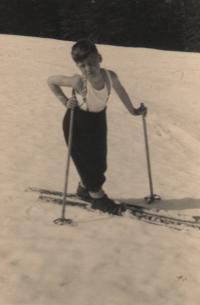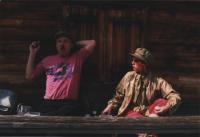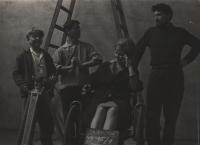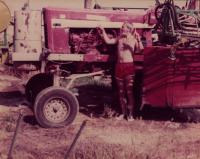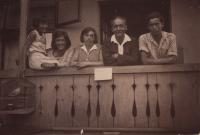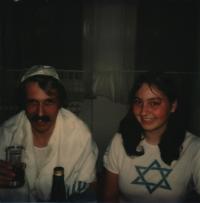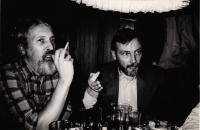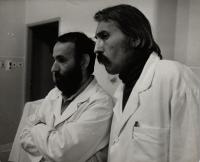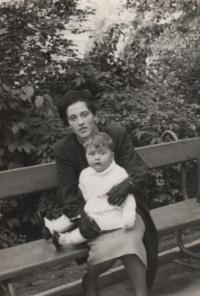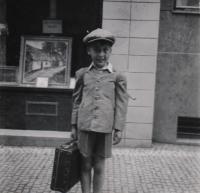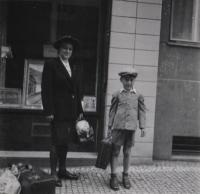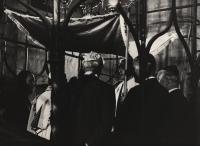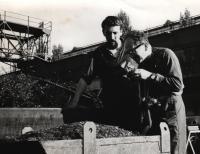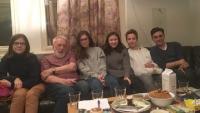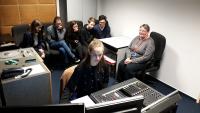There’s always something important that’s left aside that’s good. Such is life.

Download image
Lubomír Dohnal was born on May 27, 1938 in Prague into a family of mixed religion. His mother was of Jewish origin, and she died in the extermination camp in Sobibor together with most of her family. His father had to leave his teaching position and begin forced labour. When he was six, Lubomír had to start wearing the yellow star, constatnly in danger of being transported away. To escape the authorities’ surveillance, he moved in with the family’s maidservant in South Moravia. in March 1945 he began attending school after the war, in Roztoky near Prague, where he lived with his grandmother. As a boy, Dohnal remembers his love of reading. He did not get along well with his father and his new family, and so he took the first opportunity to leave home. Immediately after graduating from secondary school in 1955, he applied to military school. His aversion to the Communist regime matured throughout the 1950s. He went through several jobs, and in 1961 he joined the Department of Screenwriting and Script-editing at the Film and Television Faculty of the Academy of Performing Arts in Prague. He worked with Elo Havetta, Juraj Jakubisko, Juraj Herz, and many other prominent figures in Czech cinema. In the 1970s, the regime made working in cinema difficult, so he mostly worked in manual labor, in various jobs. He started attending the Old-New Synagogue in Prague. He did not hide his strong disillusionment with the state of society. He regularly felt the persecution by State Security. In 1977, he and his wife Blanka signed Charter 77, and the following year they relocated to Vienna with their daughter. They settled down in Munich (*in Munich or Vienna) .Lubomír Dohnal earned his living as a screenwriter, film director, and dramatist, and he cooperated with Radio Free Europe. He focused mainly on themes in connection with Judaism and Sudeten Germans. In the 1990s, he began teaching at the Film Academy of Performing Arts (FAMU) in Prague. In 2002 he took up the chair of the Department of Screenwriting and Script-editing and settled down permanently in Prague.
